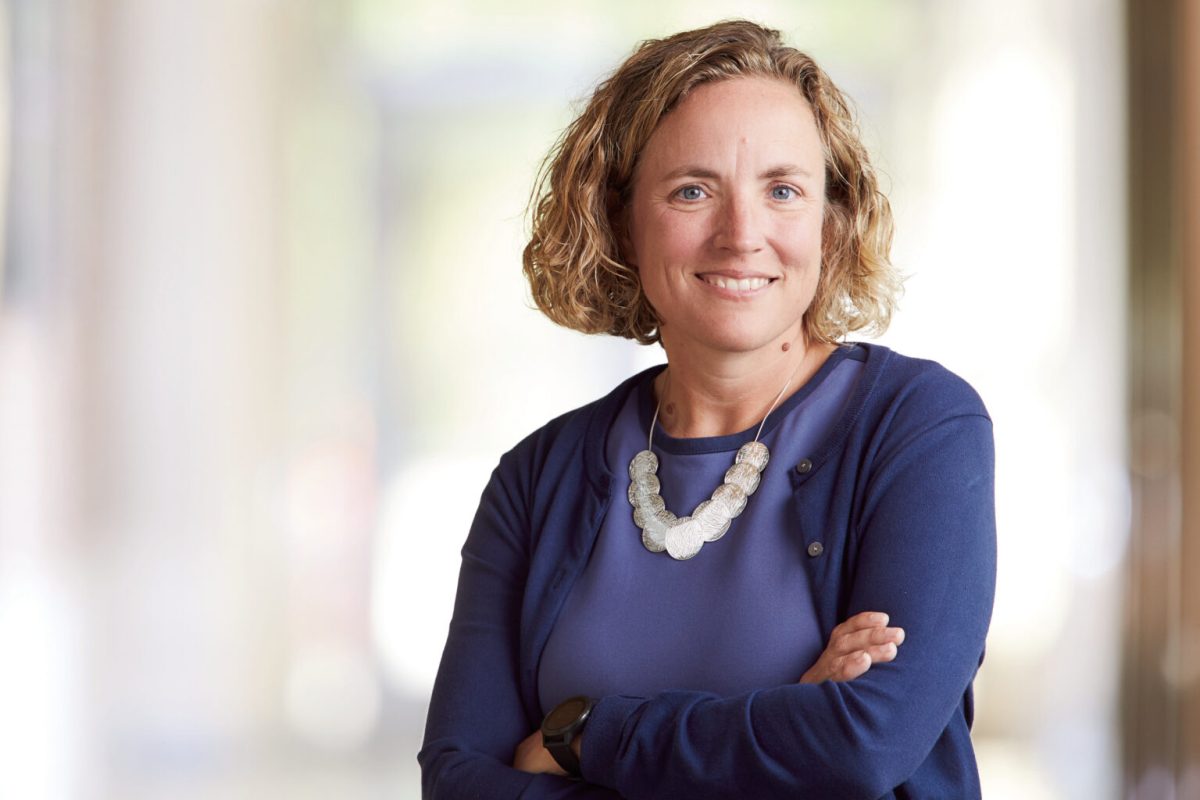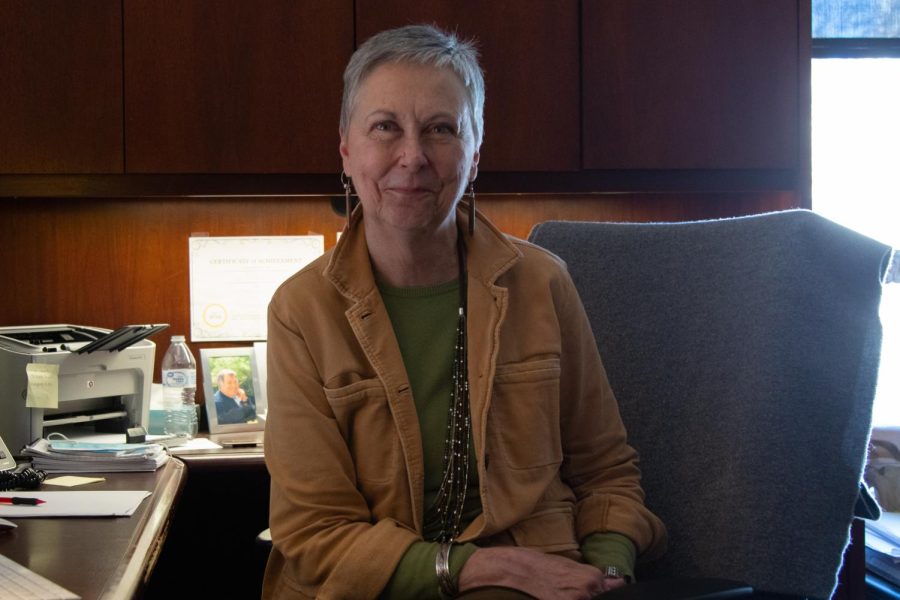
Danielle Beverly, digital media professional in residence in the College of Communication, was awarded a $15,000 fellowship this month from the Greater Milwaukee Foundation’s Mary H. Nohl.
According to the organization’s website, the award recognizes independent visual artists in the counties of Milwaukee, Waukesha, Ozaukee and Washington “who are making, or will make, significant contributions to their fields and who promote the arts in the region through continued excellence.”
Polly Morris, the media contact for the Nohl Fellowship, explained the selection criteria.
“Jurors look for an almost ineffable sense that the artist is continuing to innovate within the field, and that the award – the money, the exposure of the exhibition and the catalogue – will enable them to accomplish something new and perhaps larger than would have been possible without Nohl support,” Morris said.
Beverly received the fellowship for individual artists and was the only established artist in her category who had not previously won a Nohl grant. She was also the only candidate who uses documentary film as her preferred medium.
Only seven of the 150 candidates who applied for the fellowship were awarded a Nohl grant. The grant money was dispensed in $5,000 increments for emerging artists and $15,000 increments for established artists. All of the funds awarded are unrestricted, meaning each artist can use the funds for any of his or her creative ventures.
Beverly said she intends to use this fellowship money to complete her documentary “Old South.” She expects to be finished by spring 2013.
The “Old South” documentary follows the trials of Georgia’s second-oldest African American neighborhood as the community is disturbed by a “Confederate flag-flying” college fraternity. The film chronicles the “shock and major concern” the community expresses as the fraternity hosts antebellum parades and knocks down buildings in the neighborhood to build plantation-style mansions.
Beverly began the “Old South” project in 2008 and moved to Georgia for several years to gather material for the film. It is currently in postproduction.
“One thing I don’t think a lot of people at Marquette realize is that a feature film takes about a year to edit,” Beverly said.
Before coming to Marquette, Beverly also worked at various broadcasting centers such as PBS and ITVS and was the field producer for the 2011 documentary film “Rebirth,” which follows the lives of five people directly affected by the events of 9/11. The film, which took a decade to complete, received the Peabody Award.
“At each one of those jobs, I was able to make a difference in the world and communicate something about the world that was of importance for us to know about,” Beverly said. “So I continue to do that with my own work, and those are really only the types of jobs that I take and, frankly, that’s why I’m at Marquette.”
This spring, Beverly will be teaching a three-credit seminar, “Women & Documentary,” examining local and international documentaries directed by women. The students in the course will analyze and discuss how the films approach and relate to universal issues such as politics, gender, ethics, culture and race.




